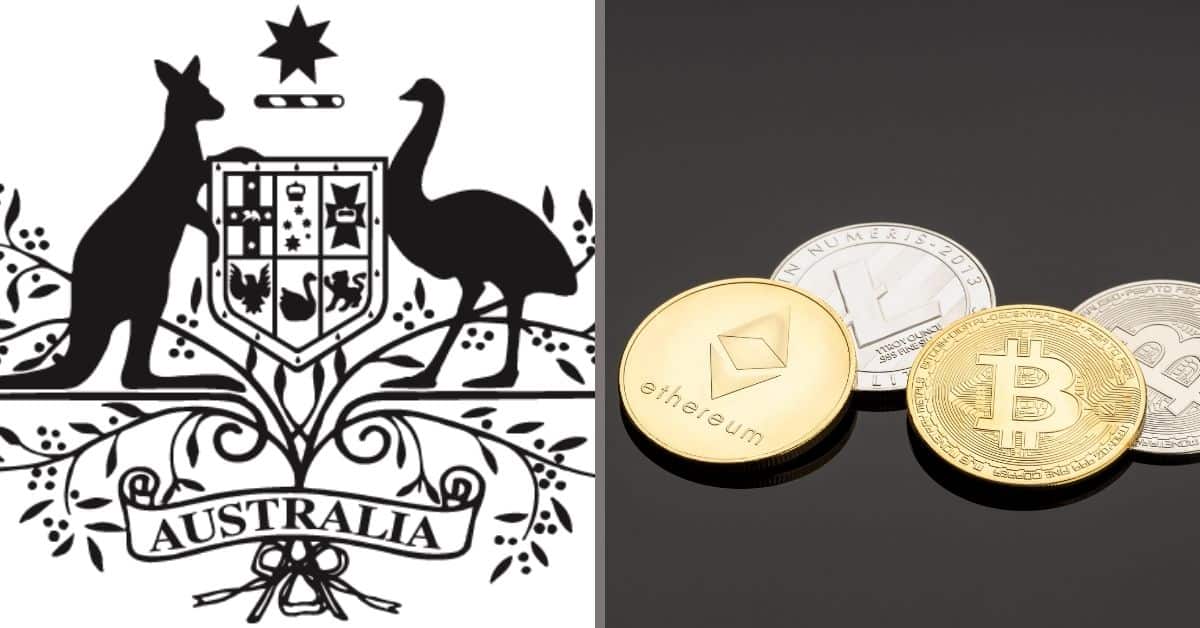Amid ongoing Senate hearings in Australia on crypto regulation, the Australian Securities and Investments Commission has issued an unusal warning to investors, urging them “to be wary of investing in crypto-asset financial products … through unlicensed entities.”
The wording and the timing of the release has raised some eyebrows in the country where cryptocurrency exchanges, if they are not offering a financial product, are not required to be licensed. ASIC also does not consider any cryptocurrency or token to be a financial product.
‘A number of complaints’ follow ‘significant losses’
ASIC says the warning was issued in response to the body receiving “a number of complaints” from Australians who have used unlicensed platforms to trade financial services such as options and futures and experienced “significant losses.” A perceived lack of specificity has some in the industry wondering if issuing a general warning via press release was the best course of action.
“If ASIC has data on scams it should be published, in the same way [the Australian Competition and Consumer Commission] publishes that information annually,” said Michael Bacina, a partner at Piper Alderman, who also sits on the board of Blockchain Australia. “People could then understand the size of the problem. Press releases with no data but containing warnings are problematic. Readers need to understand what the problem and real risk they are facing.”
The old narrative of cryptocurrency’s connection with criminal activity has started growing recently amid high-profile cases of hacks of crypto exchanges or ransomware attacks demanding payment in Bitcoin, such as the Colonial Pipeline in June. Despite these associations with criminality, a recent report by blockchain analytics firm Chainalysis found the illicit share of all cryptocurrency activity fell to just 0.34% in 2020.
“Australians should think very carefully before doing business with an offshore business or unlicensed financial services business,” Bacina said. “ASIC rightly noted in their press release that the protections available under the Australian regulatory system may not be available to Australians when dealing with an offshore business.”
It may be the case ASIC had offshore business in mind when drafting the message, as Australia’s domestic crypto industry is seen to be largely law-abiding by industry experts. A number of local exchanges are voluntary members of the Australian Financial Complaints Authority, which seeks to facilitate mediation between consumers and exchanges.
“The majority of players in this space, if not all, are acting well within the boundaries of the current legislation,” says Jonathon Miller, Australian managing director of global crypto exchange Kraken. “Where there’s an interesting question here is around the law; the law is always to a certain extent reactive because it should be — it should not try to predict the future.”
The Senate looks at regulation
The Senate Select Committee on Australia as a Financial Hub has been open to public submissions and completed another round of hearings on Friday. One of the key speakers at the hearings was Fred Schebesta, CEO of analytics site Finder.com. Schebesta described crypto in Australia as a “trillion-dollar industry,” citing research from his own company that found 17% of Australians own cryptocurrency in some form — and the percentage is higher among younger generations.
Schebesta argued for creating a safe harbor for crypto companies and suggested the government could guarantee an amount of cryptocurrency deposits in the same way it guaranteed cash deposits to develop consumer trust in the recent surge in neobanks.
“It would be an incredible future,” he said. “They talk about world centers of finance in the world; well, Australia would be the crypto bank of the world because we would be the ones able to hold all the cryptocurrency and people would bank it with us.”
Miller of Kraken has also appeared at Senate hearings on crypto regulation in the past and made a submission to this inquiry. While he is broadly in agreement with much of the regulatory landscape in the country, he does believe in greater clarity around some of the guidance that has been issued to the industry. He is also concerned too heavy regulation could have the inverse impact on what is intended and force consumers overseas.
“In Japan, for example, where you do have these heavier-handed regimes, you see businesses exit, you see competition stifled, and you see people start going offshore even more,” he said. “So, if ASIC and the regulators are concerned with people going to offshore providers, the last thing you want to do is to force people to do that by minimizing choice.”
Despite the recent warnings from regulators, Miller remains optimistic about the state of regulation in Australia.
“The key thing here is that we’re seeing growth in this industry. We’re seeing the good far outweighs the small edge case of the bad in terms of compliance, absolutely, in this space. And that’s because we’ve got an appropriate kind of regime.”

